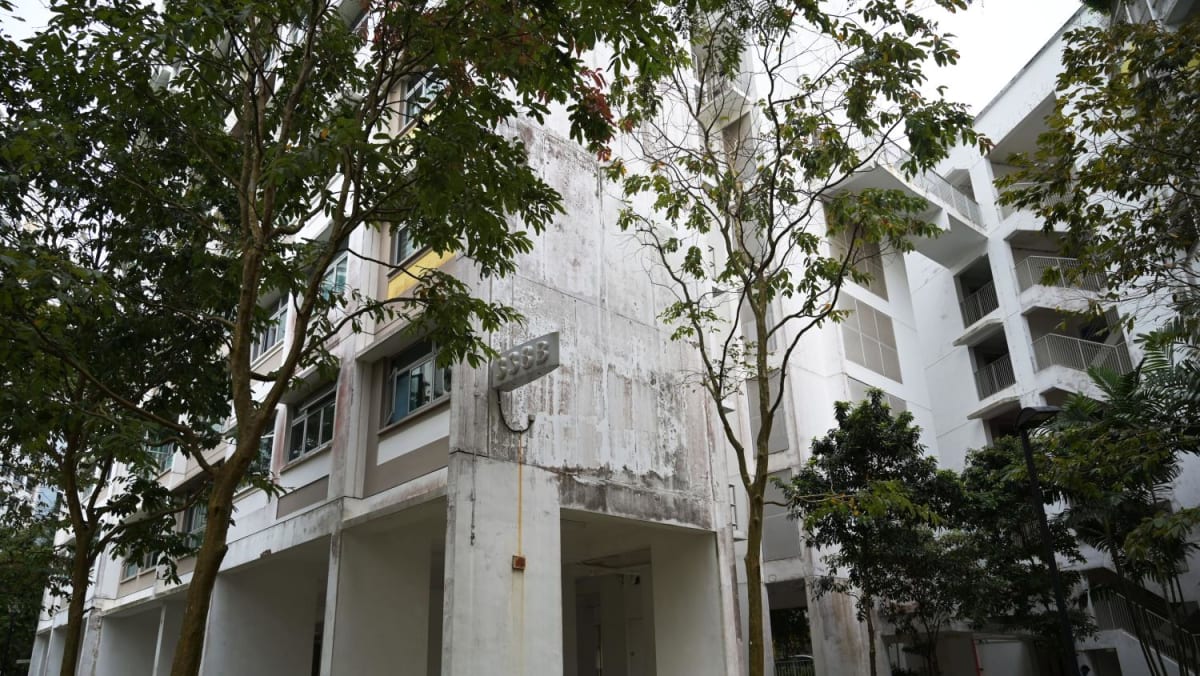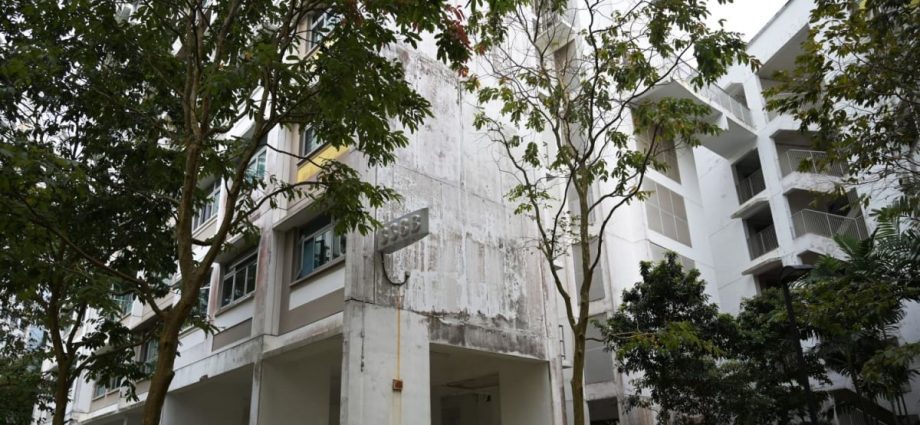
Both the Sengkang and Punggol estates are located near a river. Residents had also voiced concerns about the workmanship of the flats.
Dr Lim Wee Kiak (PAP-Sembawang) had asked whether the deterioration of HDB building facades can be attributed to changes in weather and climate conditions.
MND said that prolonged exposure to severe environmental conditions, such as high temperatures and intense rainfall, may generally accelerate the deterioration of building facade materials.
BCA is conducting a study on the impact of changing climatic and weather conditions on the service life of facade materials, to identify more durable facade materials and develop best practices for their maintenance, MND said.
To Nominated MP Shahira Abdullah’s question on the health risks associated with prolonged exposure to mould, MND said that it depends on an individual’s duration of exposure to the mould, and his or her current health, but the technical study will be identifying the species of mould found at Anchorvale Parkview and Matilda Court for further risk assessment.
In the meantime, to rectify mould growth on external walls, thorough cleaning and patching of cracks can be conducted, before repainting with sealer and algae-resistant paint.
The recommended schedule for town councils to carry out repair and redecoration works is seven years, but the councils have the discretion to slightly advance or defer such works, said MND.
“They can also engage a paint specialist to recommend a more optimal repainting method for any unique situation. If necessary, they may approach HDB for further advice,” the ministry said.
Newly completed HDB blocks also have a six-year warranty period for external painting. Town councils can approach the building contractor and their paint specialist to rectify any defects during this period.

